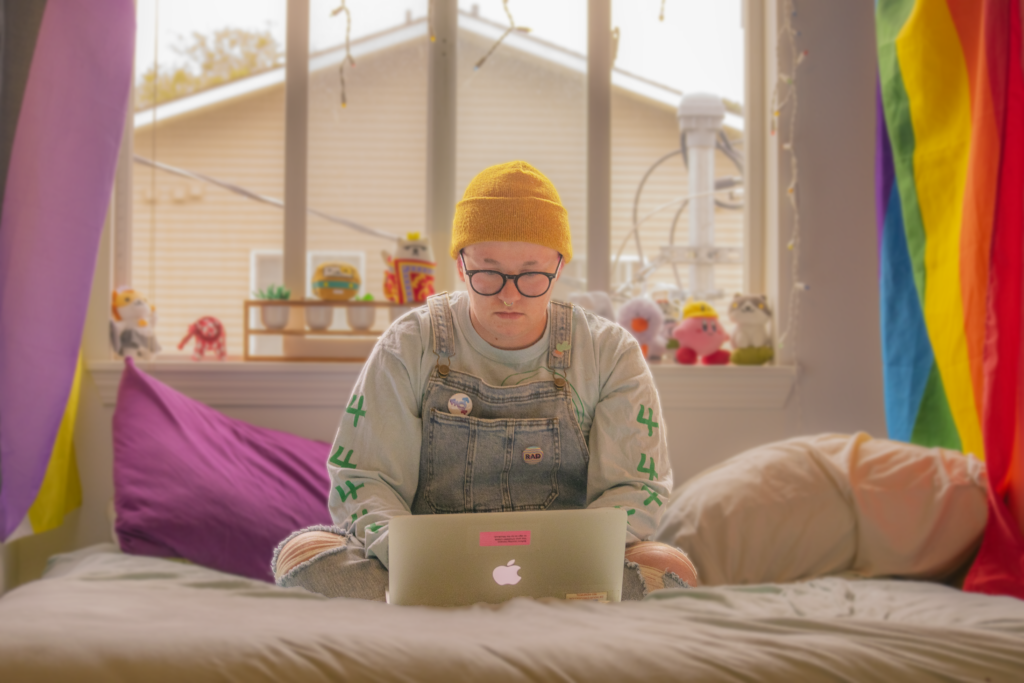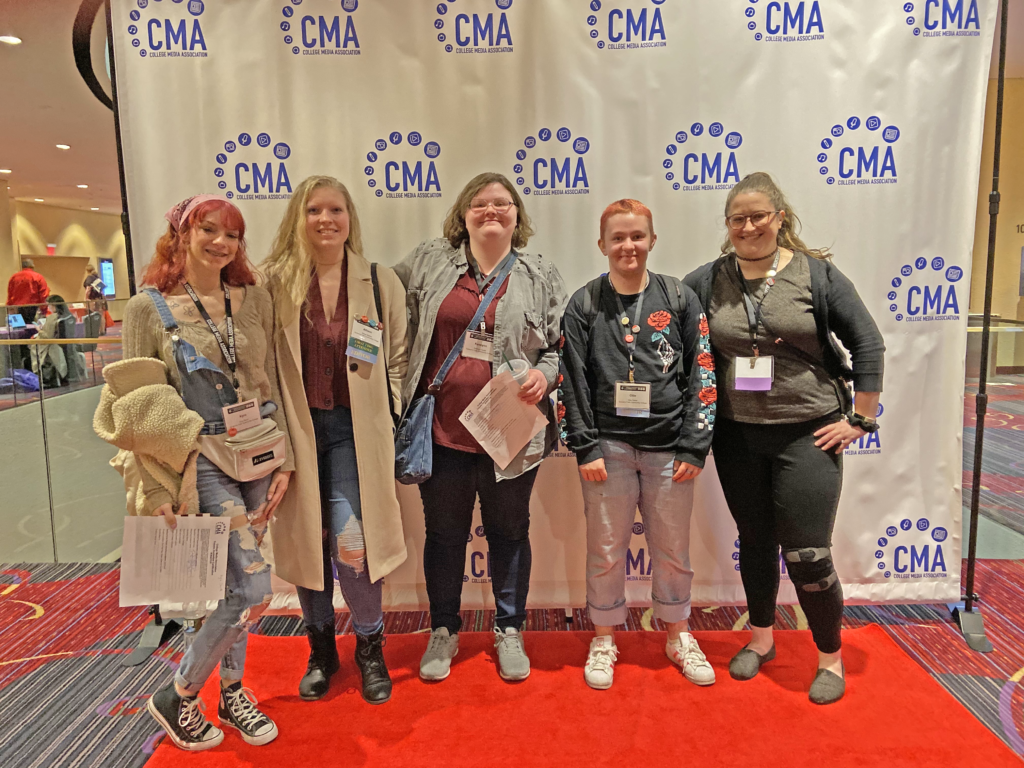I grew up a gifted kid.
My friend group consists of former gifted kids, too. Something about the shared struggle of having that weight on our shoulders drew us together, a solidarity of having been put into gifted classes that separated us from the broader group of our peers, forced to socialize with other “like-minded” individuals.
However, putting a bunch of nerdy, introverted kids into a singular group doesn’t tend to foster friendships, as most of them, including myself, were stuck in our own worlds and studies. The nagging feeling of being somehow outside of normalcy continued to root its way deeper into how I interacted with both my classmates and family, persisting well into high school.
I had very few friends or acquaintances and didn’t have time for extracurriculars, since I was so focused on getting good grades. I had inevitably tied my self-worth to my excellence in school, as being the oldest child tended to force me to do everything I could to please my parents. This isolation was further exacerbated by the fact that I lived in Spokane and was commuting over an hour each day.
Spending most of my time at home had some perks, however, as it allowed me to explore LGBTQ+ terminology and identities along with my few friends, who were also going through similar revelations as I was at the time.

After a little over six years of research, I eventually discovered that one explanation for my feelings of otherness was due to gender dysphoria, the intense discomfort that results when your body is not congruous with your gender identity.
I came out to my mother, sister and brother as nonbinary the summer before junior year of high school and began to use the neutral, singular pronouns, “they, them, theirs, and themselves.”
That summer was spent trying different names and fashion choices with my family. I sought comfort in masculine honorifics and dress wear as a way to firmly establish myself as anything but feminine.
However, this revelation provided little comfort for my feelings of loneliness within school. When I officially came out to my school and urged my teachers and classmates to use my chosen name, I was further isolated by those who didn’t, or sometimes outright refused to, understand me. This caused me to throw myself further into my schoolwork and my creative passions.
Writing has always been a constant in my life. I participated and placed in my elementary school’s writing competition the three years that it ran, and I took as many English classes in high school as I could, not only because of my interest in the subject but also because an English teacher was one of my only allies in a community that only seemed to foster disdain for me or anyone like me.
Anything to do with reading or writing helped provide some semblance of an outlet for my emotions. Throughout my life, I tended to throw myself into fictional worlds to live vicariously through a character that wasn’t myself. I desperately wanted to reinvent myself, but I was trapped within the suburbia of the Inland Northwest where almost everyone knew who I used to be and refused to accept and acknowledge who I wanted to be.
This lack of support culminated in my desire to both educate others as well as uplift and support marginalized voices within and outside of my community.
I wrote several essays within my junior and senior years of high school about activism within the LGBTQ+ community in attempts to be somewhat journalistic in my approach towards my teachers and professors within the guidelines of what we were supposed to be writing about.
My real, first attempt at journalistic writing was in third grade when I hand wrote and copied a newspaper focused around the events of my grade. Classmates who wanted to read it could pick up a copy and then return it once they were finished, since I didn’t have access to a copier and couldn’t give out the precious copies I had painstakingly recreated several times, including comics on the back pages.
Even with all of these experiences, I was still unsure about what I wanted to do as a career well into my senior year of high school. I had desperately wanted to be an author, but I knew that without first establishing myself in the professional art and/or writing world somehow, I most likely wasn’t going to be able to find much success.
It wasn’t until I looked back on my experiences and after reading two books written by a journalist-turned-author that I fully realized what I wanted to do with my life.
All of this is to say that, through taking this class, I have found my passion and choice of career. I want to provide a voice to those who, like me, feel or felt othered by the rest of the world and either have no or a very limited platform to speak on.
I have been inspired by the likes of Glenn Greenwald, one of the reporters who worked with and first broke the story about Edward Snowden.
I want to make sure those in power are held accountable for their actions, as I have been taught and told that journalists are one of the watchdogs of governments all around the world.
I am eternally grateful to have had the experiences I did, including going to New York City for the first time in my life.

Left to right: Kyra Smith, Allison Manion, Katelynn Cooke, Ollie Fisher, Lindsey Treffry. One of the best times I had as part of The Communicator staff was being able to go to the College Media Association convention with my winter quarter staff.

Another picture from the New York trip, again featuring winter quarter staff, at Ripley’s Believe It or Not underneath a fossil of a wooly mammoth.
I owe my success in this class largely in part to my adviser and professor, Lindsey Treffry, who has become one of my favorite teachers and has thoroughly inspired me to continue to pursue journalism as a career.
Though my time spent as staff of The Communicator was shorter than I intended, I will cherish the memories and connections I have made not only with my peers but with my advisor and professor.
I never thought I would be in the position I am today as editor-in-chief of a newspaper. I haven’t fancied myself a leader of anything before, but I am so grateful that I was allowed to take this position and help both guide and work with my fellow reporters and managing editor.
I encourage anyone reading this to pursue your passions, because it is from your passions that you may find a fulfilling and successful career.